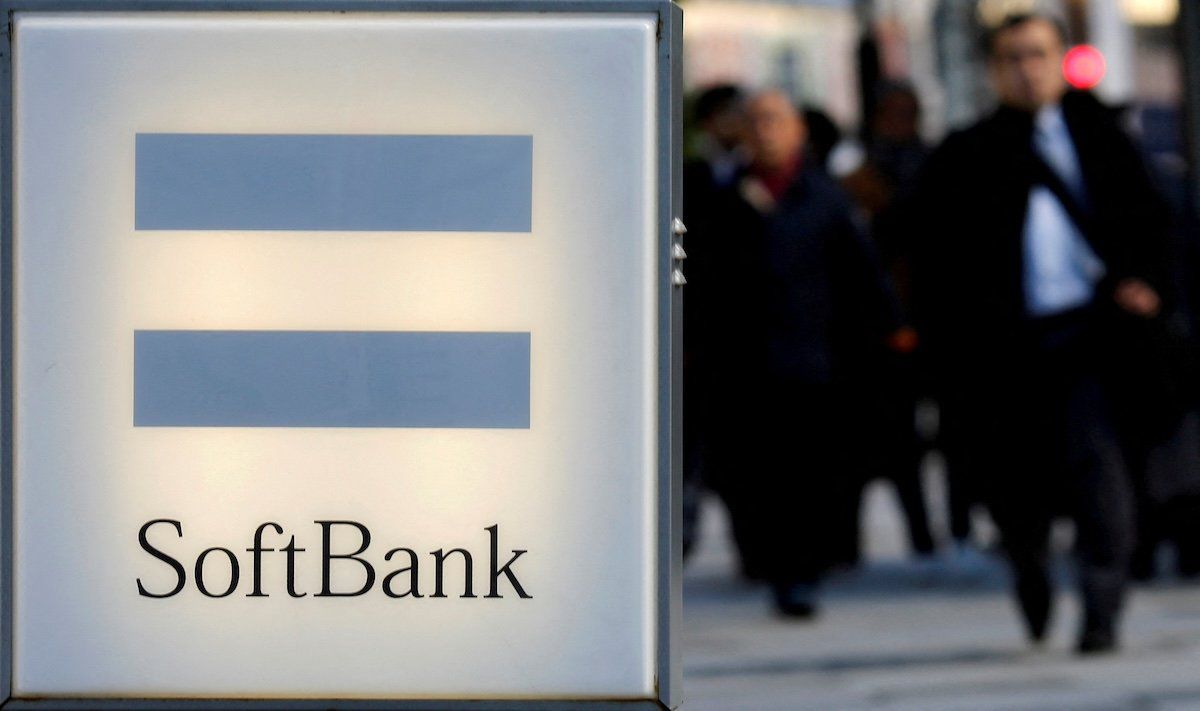Hard Numbers: SoftBank’s hardy investment, Grok gets cash infusion, Humane’s rescue plan, Kenya’s tech upgrade, News Corp and OpenAI strike a deal
6 billion:Elon Musk’s AI startup, xAI, has raised $6 billion from venture capital investors such as Andreessen Horowitz and Sequoia Capital, plus Saudi Arabia’s Prince Alwaleed bin Talal and Kingdom Holding Company. The new funding round boosts the value of xAI, which makes the AI chatbot Grok, to $24 billion. Musk is a cofounder of OpenAI but severed ties with the firm in 2018 and has since sued the ChatGPT maker, alleging it abandoned its founding principles.
750 million: Humane, the company that recently released an AI-powered pin to scathing reviews, is reportedly looking for a buyer to swoop in. While customers have to cough up $699 for the signature pin, a corporate buyer would need to pay between $750 million and $1 billion — if the company’s current management fetches any interest, that is.
1 billion: Microsoft and the UAE-based tech giant G42 are pouring $1 billion into a geothermal-powered data center in Kenya. This East African investment is the first big announcement since Microsoft invested $1.5 billion in G42 in April, a deal brokered by the Biden administration. Microsoft and G42 also pledged to work on local language and skills training initiatives with the Kenyan government and companies in the country.
250 million: OpenAI struck a licensing deal with News Corp., the parent company of The Wall Street Journal, reportedly worth $250 million over five years. News Corp’s stock rose on the announcement, and the deal represents a burgeoning revenue stream for news companies. But the deal isn’t without critics: The Information’s founder Jessica Lessin wrote that publishers like News Corp need to know their worth with AI companies, hungry for content, and not rush into any deal for “relative pennies.”
